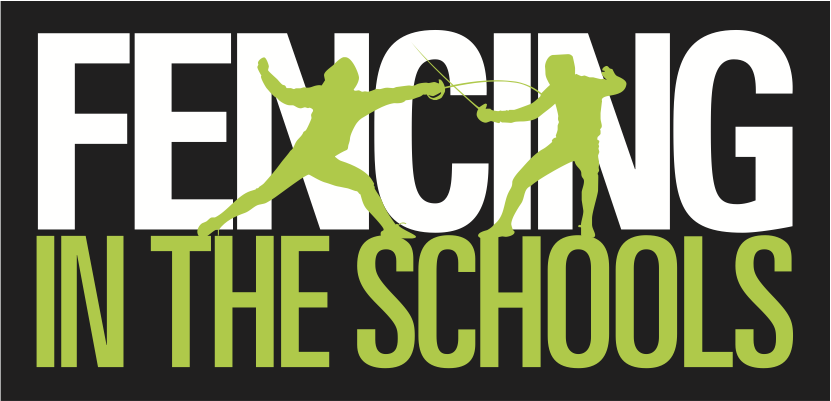
Why Fencing?
Fencing is an excellent sport for people of all ages. It is fun and engaging activity that can be done year-round in a variety of different venues. Fencing promotes individual initiative and discipline as well as respect, sportsmanship, and a well-rounded form of mental and physical exercise essential for total health and wellness, all of which help children succeed outside of the sport. It is also a mental contest that enables people of all ages and physical abilities to fence with one another. School-age children, teenagers, and college students fence at local clubs and at their schools; adults from their twenties into their seventies can be found on fencing strips around the country; all have the opportunity to compete at home and abroad, or just to enjoy the sport that they love.
WHAT ARE THE BENEFITS OF FENCING?
- Practice strategic thinking: Fondly known as "physical chess," fencing is a game of strategy that engages both mind and body.
- Maintain a healthy body: Fencers have been shown to have significantly increased bone and muscle mass compared with controls (Felsenberg and Gowin, 1998), which help prevent injury and osteoporosis. Fencing is also an exceptionally safe sport, with fencers suffering fewer injuries than athletes in most other Olympic Sports including swimming, table tennis, and curling (Junge et al., 2009.)
- Promote self-confidence: Not every child will excel at mainstream sports. Since fencing involves a high level of strategy, children who are strong athletes don't necessarily have an advantage over analytical thinkers. Studies show that children who are more physically active demonstrate higher self-esteem (Tremblay et al., 2000).
- Develop good sportsmanship: Fencing dates back to kings and nobility, and the traditions of sportsmanship continue to this day. Every fencing bout starts with a salute to your opponent and ends with a handshake.
- Instill self-discipline: Since fencing is an individual sport, fencers can see a direct correlation between their efforts and their achievements. Whereas in team sports, you can still lose even if you play outstandingly, in fencing your overall performance is tied to your personal efforts.
- Acquire a healthy competitive spirit: When practiced by children during their developing years, martial arts such as fencing have been shown to increase executive function including focus, suppression of impulsive reactions, and mental manipulation of ideas (Diamond and Lee, 2011)
- Help with college admissions: There are 42 Schools with NCAA varsity fencing programs.
